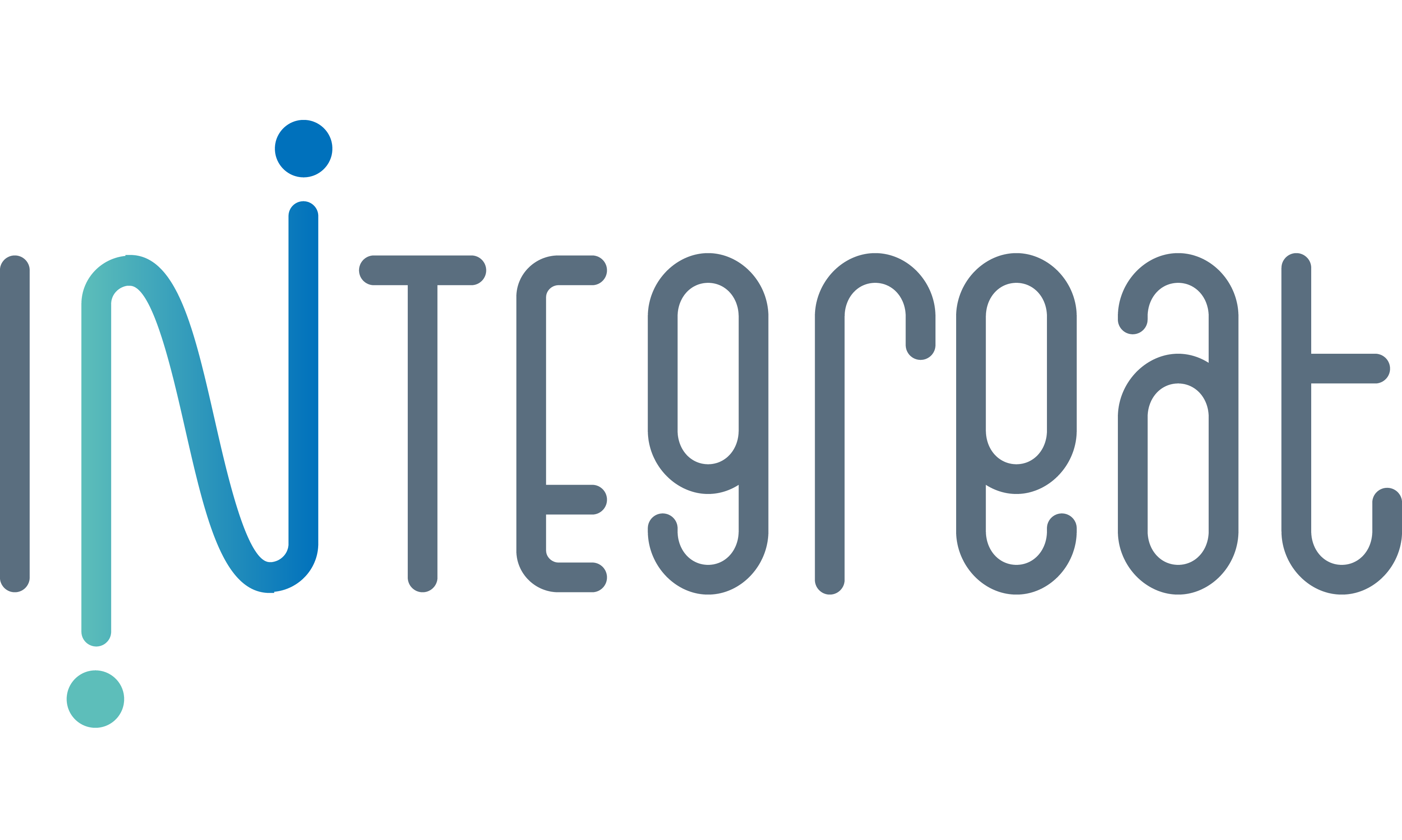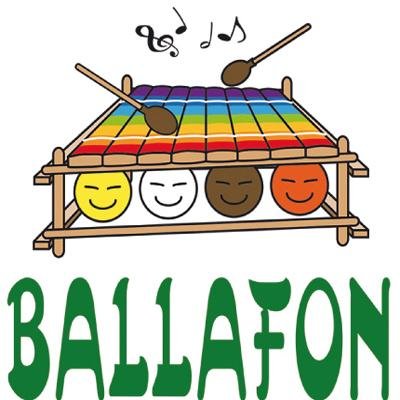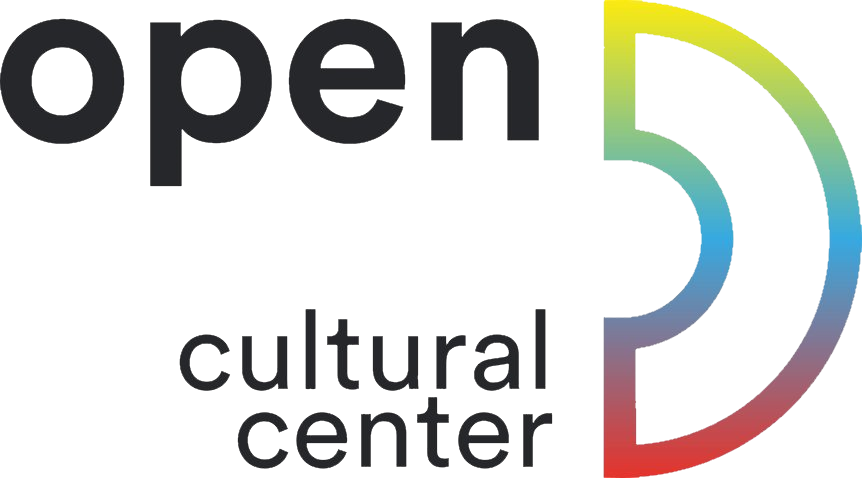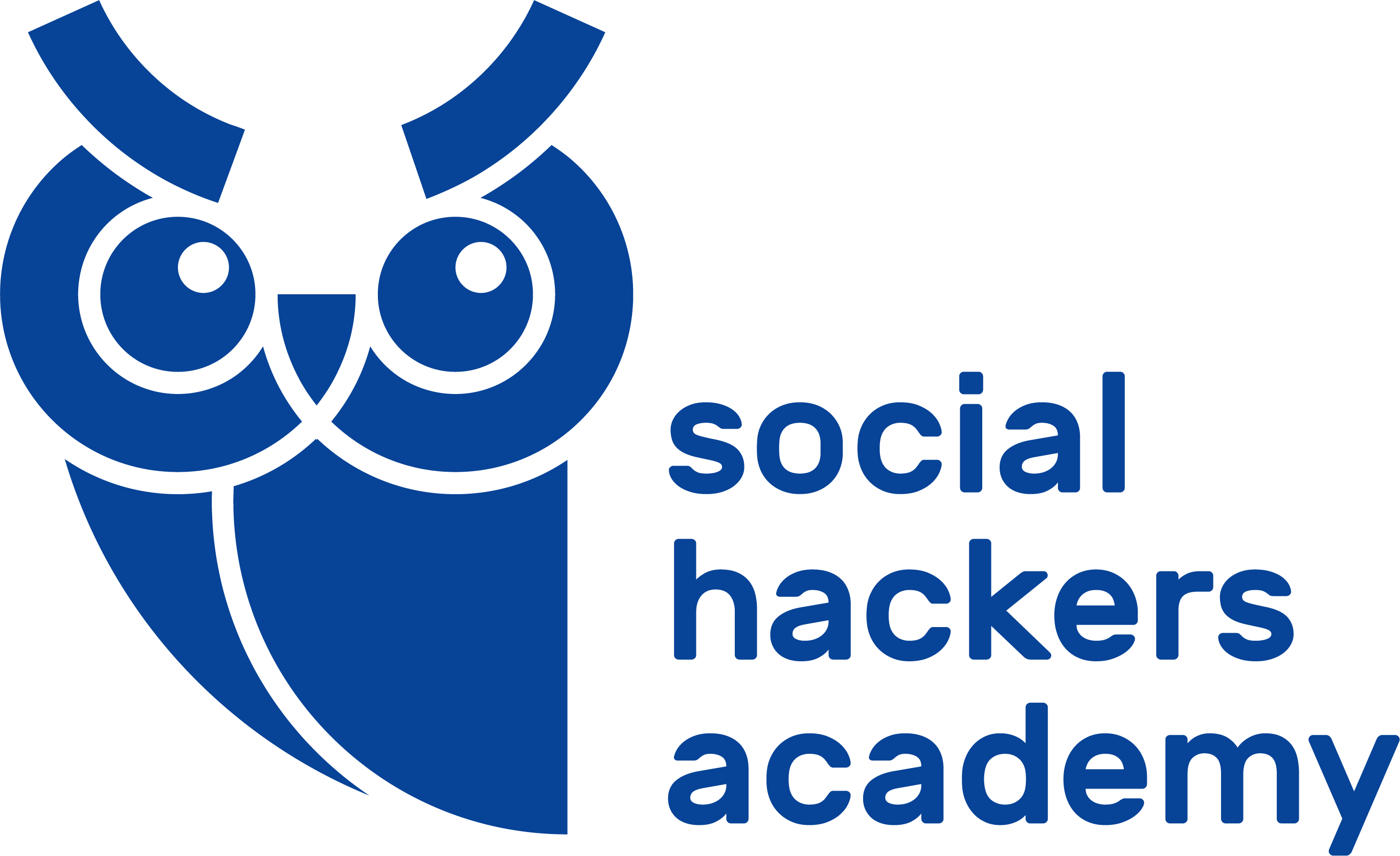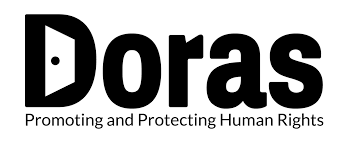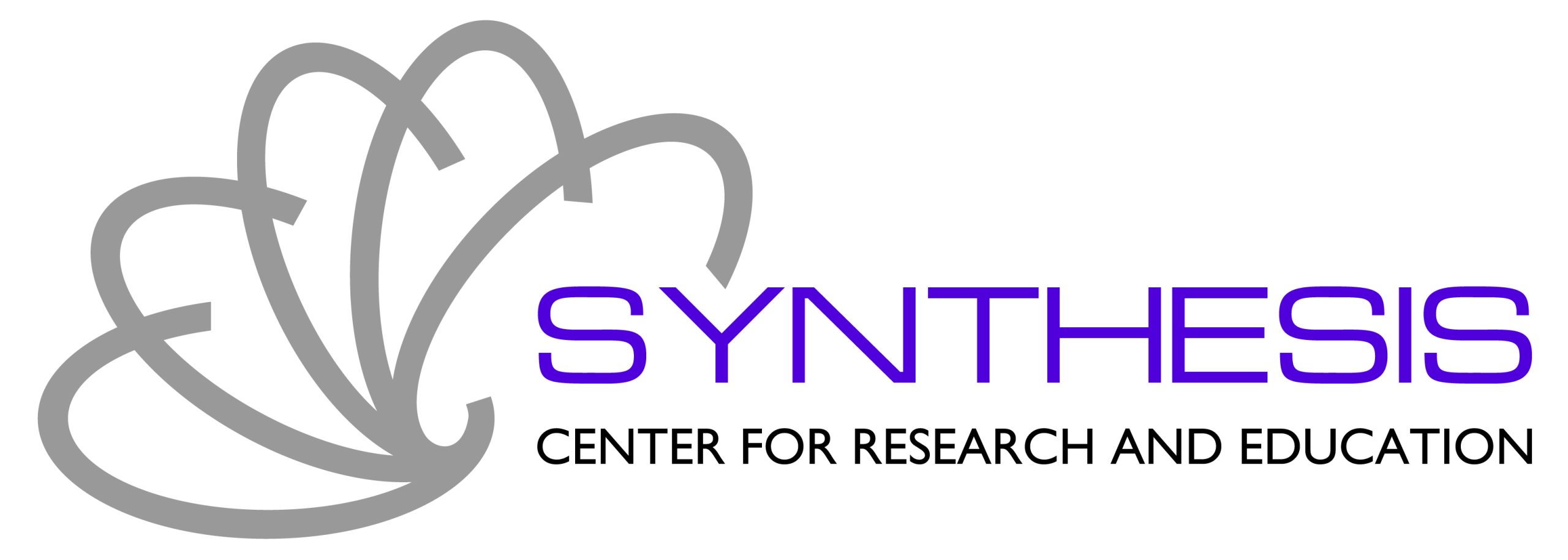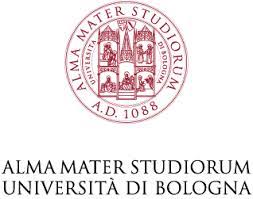BALLAFON
Ballafon was founded in 2006 as a project of Seydou Konate, who arrived in Italy in 1991 from the Ivory Coast, his country of origin. After experiencing firsthand the difficult and sometimes painful status of the migrant, he decided to capitalize on his expertise to facilitate the regularization path and integration of third country nationals.
Ballafon is a multicultural cooperative, made up of members from all over the world, which identifies the ethnic and cultural diversity as a core value to be preserved and as a heritage of the entire society. Ballafon offers multidisciplinary activities to promote cultural exchange between populations and their mutual recognition. Liaising with institutional entities, Ballafon acts as the connecting link between them and the migrants, operating on the territory by correctly relaying the local regulations and facilitating the process of regularization and integration of immigrants and supporting them in different phases. Currently Ballafon hosts around 250 migrants from 30 different nationalities and 25 unaccompanied minors in its reception facilities.
Ballafon’s mission is to promote integration through cultural, social and economic development in order to guarantee all individuals a decent life without ethnic, religious and political discrimination.
Ballafon offers the following services to asylum seekers and migrants:
- Orientation and assistance to newcomers
- Provision of housing and food to migrants
- Intercultural and linguistic mediation
- Civic Education and Integration services
- Artistic and socio-cultural events
- Volunteering programs
- Italian language courses
- Vocational training and workshops
- Workshops for employability (CV preparation etc.)
- Support in entering the workforce
Open Cultural Center
Open Cultural Center is a registered non profit organisation active in both Spain and Greece, working towards the inclusion of refugees and migrants through educational and cultural activities. We work mainly with volunteers to offer language classes, technical workshops, sports activities, cultural events, and women and children’s support to the wide variety of communities we work with. At the same time, we work on an international level to create awareness about the situation of refugees while working with many European partners to increase our social impact.
.
Social Hackers Academy
Social Hackers Academy (SHA) is a registered, Greek Non-Profit Organization, established in Athens, Greece, in September 2017. It aims to integrate people that belong to socially vulnerable groups (refugees, migrants, unemployed, etc.). For SHA, social inclusion and solidarity are quite important values that they want to bring in their local community, by educating youth less-skilled in digital skills, in order to enjoy equal opportunities in the job market, and integrate in the society. SHA has decided to strive for its mission, by educating those groups, in a sector that is in high demand in the market industry today. This sector is software engineering, including the know-how and expertise on building websites and Internet Applications. Through capitalizing on tech education, as a tool, it aims to bridge the gap between the lack of digital skill-set among the human workforce and the high unemployment rates in European Union, in order to enable them to acquire job placements, in IT Industry.
Doras
Doras is an independent non-governmental organisation (NGO) based in Ireland that works to promote and protect the rights of asylum seekers, refugees and migrants through direct support and advocacy. Doras provides a free and confidential information and support service to more than 1,500 people each year from our Advice & Information centre in Limerick city, on issues including immigration, international protection, refugee resettlement, anti-trafficking, integration and anti-racism. We engage in collaborative advocacy and campaigning, using our evidence-base to inform policy and practice at national and international level.
.
Limerick City & County Council
Limerick City and County Council (Comhairle Cathrach agus Contae Luimnigh) is the authority responsible for local government in the City of Limerick and County Limerick. It came into operation on 1st June 2014 following from the merger of formerly two separate local authorities – Limerick City Council and Limerick County Council. The amalgamation of both councils was effected under
provisions of the Local Government Reform Act 2014.
The city and county administration is headed by a Chief Executive, Dr. Pat Daly. Councillor Daniel Butler is the current Mayor of the City and County of Limerick (up to June 2022) and the Council has 40 councillors (elected politicians. Limerick City and County Council covers a geographical area of 2,755 sq.km and, based on latest census data, it has a population of 194,899 persons. The local authority is responsible for services including housing; planning; roads; water supply; environmental protection; provision of recreation and amenities and community infrastructure. Local Authorities play a key role in supporting economic development and enterprise at a local level and in certain aspects of social policies (especially social housing). Recent reforms of local government in Ireland (2014) strengthened the role of local government in economic development and in coordination of a range of public policies that impact on quality of life for people and communities. The organisation’s mission statement is that the local authority will “provide ambitious leadership and strive to deliver an innovative, vibrant, safe and inclusive Limerick for everyone”. The vision for the local authority area can be summarised as follows:
- That the people of Limerick are supported by a professional, proactive and accessible local government structure at the heart of a wider public service
- That Limerick is acknowledged for its inclusive participation of all its citizens in the development of their community and Council services
- That Limerick offers a real and unique competitive advantage for business development, and an unparalleled quality of life resulting in high quality sustainable homes and communities, cultural enrichment and educational opportunities
- That Limerick rivals other second tier cities throughout Europe in terms of business, tourism education and investment
- That Limerick’s new brand identity will unlock advantages and experiences for all of its audiences, making the most of Limerick’s physical and cultural connections
- That Limerick values the importance of partnership working to improve the health and well-being of our citizens
- That Limerick is a driver of innovation, harnessing the voice of our people to create a lasting and positive impact on people’s lives.
.
SYNTHESIS
SYNTHESIS Center for Research and Education is a pioneering organisation which initiates and implements projects of positive social change in the fields of entrepreneurship, civic engagement, digital literacy and migrant integration. SYNTHESIS is perhaps the leading institution in the field of social entrepreneurship in the island. One of its success stories is the establishment of “Hub Nicosia,” a co-working centre for organisations with cultural, environmental and social aims. SYNTHESIS provides non-formal education to diverse and vulnerable groups with the aim to help them acquire the skills they need to lead a fulfilling and productive live. A VET provider, SYNTHESIS is also delivering entrepreneurial and soft skills training programmes, particularly to people at risk of social exclusion, including children, women, migrants and refugees, individuals with learning and emotional disabilities, youth and long-term unemployed individuals.
.
University of Bologna
The Alma Mater Studiorum, the oldest university in the Western world, paves the way for innovation through an increasingly rich programme catalogue, cutting-edge research and a constant and increasingly broad international perspective. It is a multi-campus university based in Bologna, Cesena, Forlì, Ravenna, and Rimini.
The Department of Educational Studies “Giovanni Maria Bertin” (EDU) has over 30 years extensive experience – both as a research’s partner and consultant – in international scientific collaboration with universities and research centres on topics that are at the forefront of policy-oriented research such as:
- inclusive societies and citizenship practices in intercultural perspective;
- socio psycho-anthropological educational aspects of emerging social changes and challenges;
- inclusive education, diversity and intercultural pedagogy,
- training and educational models, lifelong learning methodologies, didactical digital contents, migration, media education and teacher training.
.
